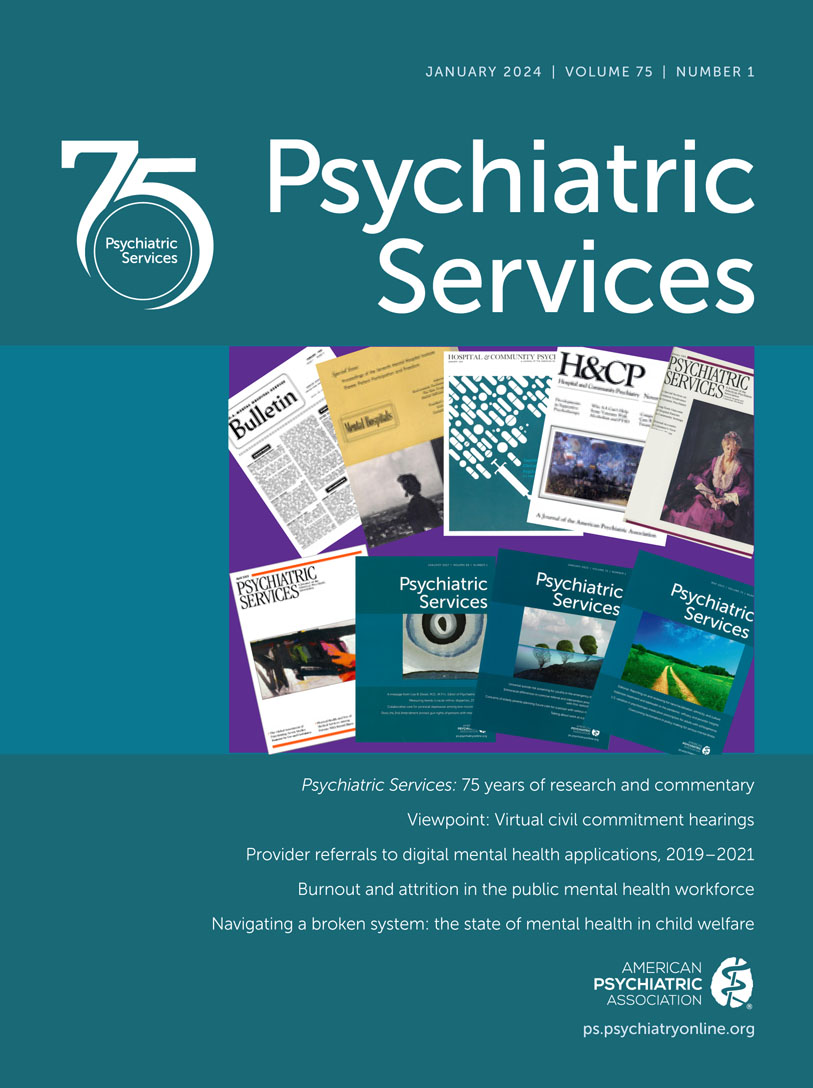Burnout and Moral Injury Among Black Psychiatrists and Other Black Mental Health Professionals
Abstract
This column discusses burnout and moral injury among Black psychiatrists and other Black mental health professionals and highlights the contribution of racism to these outcomes. In the United States, the COVID-19 pandemic and racial turmoil have revealed stark inequities in health care and social justice, and demand for mental health services has increased. To meet the mental health needs of communities, racism must be recognized as a factor in burnout and moral injury. The authors offer preventive strategies to support the mental health, well-being, and longevity of Black mental health professionals.
Access content
To read the fulltext, please use one of the options below to sign in or purchase access.- Personal login
- Institutional Login
- Sign in via OpenAthens
- Register for access
-
Please login/register if you wish to pair your device and check access availability.
Not a subscriber?
PsychiatryOnline subscription options offer access to the DSM-5 library, books, journals, CME, and patient resources. This all-in-one virtual library provides psychiatrists and mental health professionals with key resources for diagnosis, treatment, research, and professional development.
Need more help? PsychiatryOnline Customer Service may be reached by emailing [email protected] or by calling 800-368-5777 (in the U.S.) or 703-907-7322 (outside the U.S.).



